Implications of Mind–Immune Parallelisms
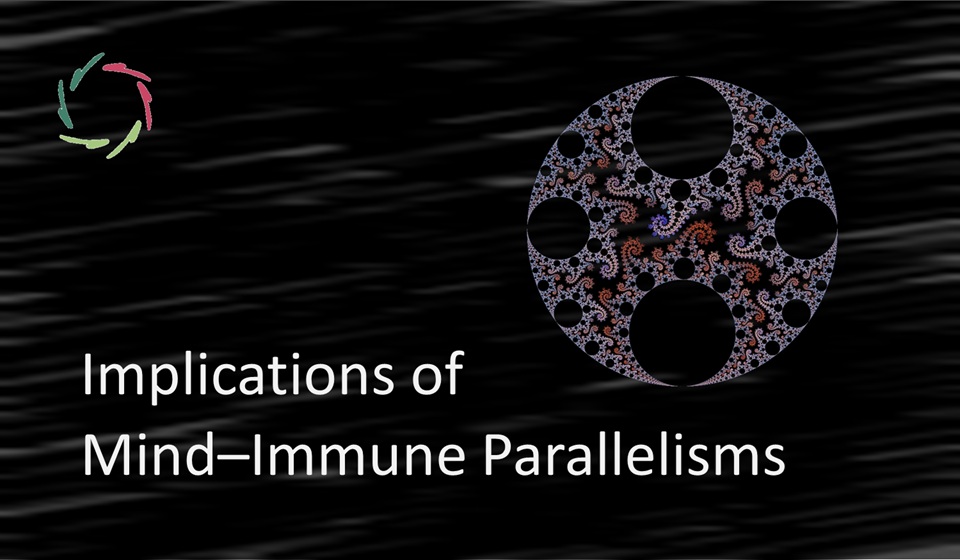
If the mind and immune system share fundamental regulatory dynamics, then the consequences reach far beyond theory. They affect how causality is understood, how prevention is approached, and how management – mental and somatic – is practiced. This blog explores those implications, not as prescriptions, but as shifts in stance. What changes is not so Read the full article…
Does Mind Parallel Immune?
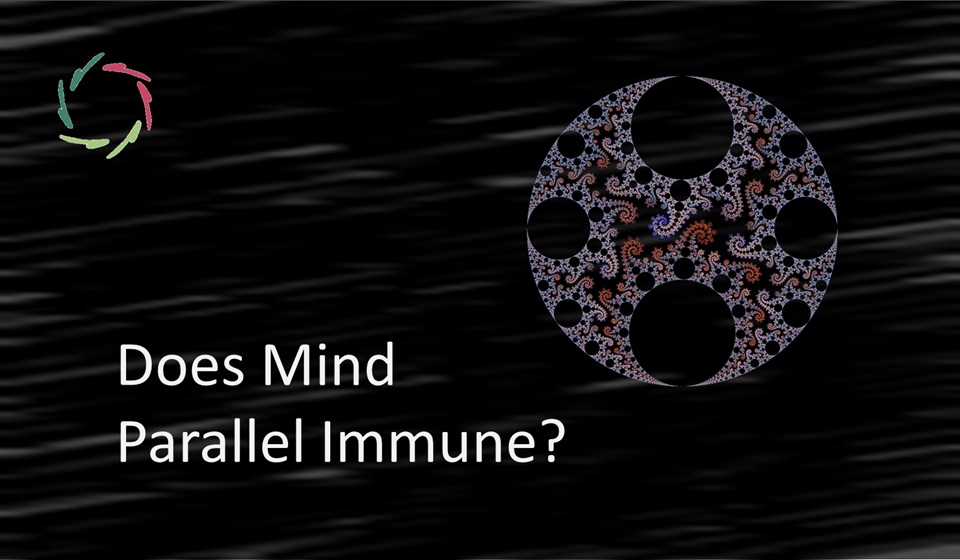
The mind and the immune system seem to belong to different realms. Yet both are deeply involved in recognizing patterns, regulating responses, and maintaining coherence in the face of uncertainty. This blog explores whether their similarities point to a shared regulatory logic rather than mere metaphor. Not mind causing immune disease, nor immune activity shaping Read the full article…
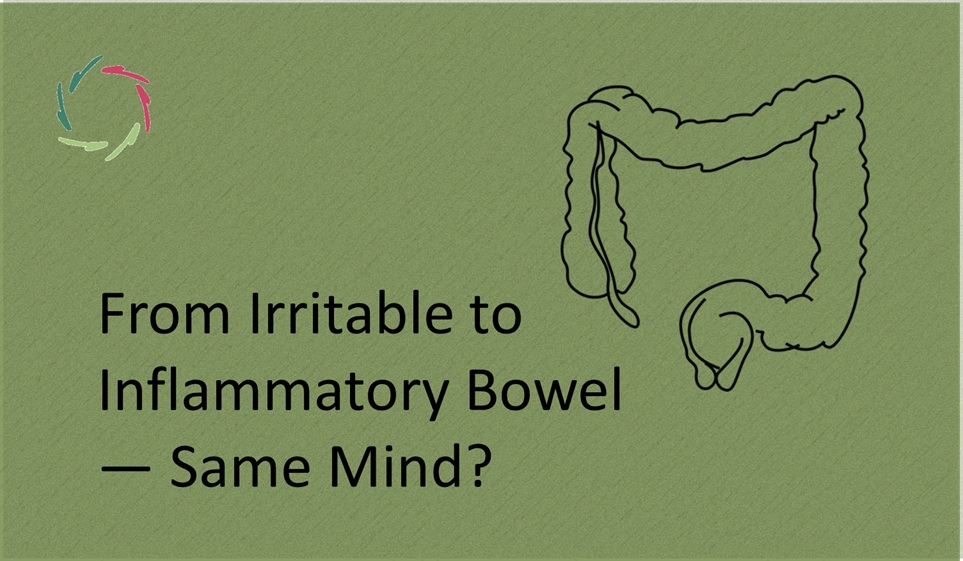
From Irritable to Inflammatory Bowel — Same Mind?
Medicine separates irritable bowel syndrome (IBS) and inflammatory bowel disease (IBD) into different boxes — one functional, one autoimmune. Yet recent research shows they often share the same pathways, triggers, and even patients. What if these two conditions were not opposites, but phases of a single process? What if both were the body’s way of Read the full article…
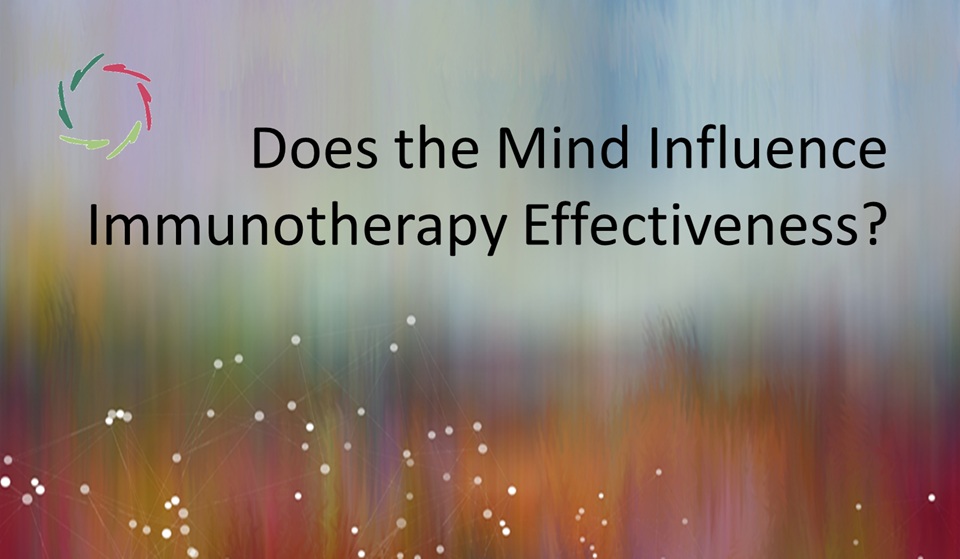
Does the Mind Influence Immunotherapy Effectiveness?
Immunotherapy stands among the most promising breakthroughs in modern medicine, teaching the immune system to heal with precision and purpose. Yet not every patient responds equally, even under the same biological conditions. Could the patient’s inner world – trust, openness, meaning – play a role in how well the therapy works? In exploring therapeutic congruence, Read the full article…

Immune System: Warrior or Communicator
We have long imagined our immune system as a warrior — a disciplined army defending us against endless threats. But what if this image blinds us to its deeper nature? The immune system may be less a battlefield than a living conversation, one that listens, learns, and seeks harmony. Understanding it as a communicator could Read the full article…
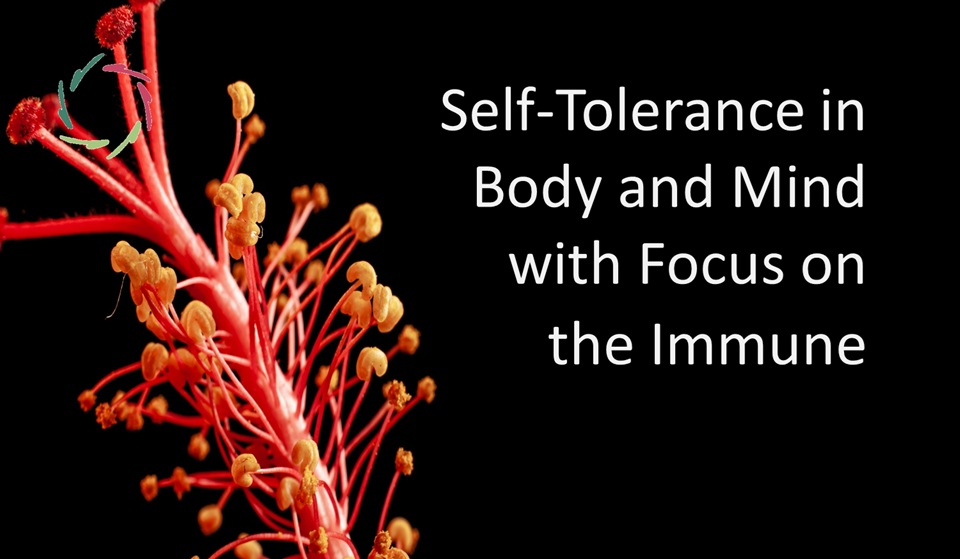
Self-Tolerance in Body and Mind with Focus on the Immune
The 2025 Nobel Prize in Medicine honors the discovery of how our immune system learns not to attack the self. This is a reflection of something deeply human — the art of living peacefully with oneself. Just as the body needs self-tolerance to stay healthy, the mind needs inner harmony to remain whole and balanced. Read the full article…
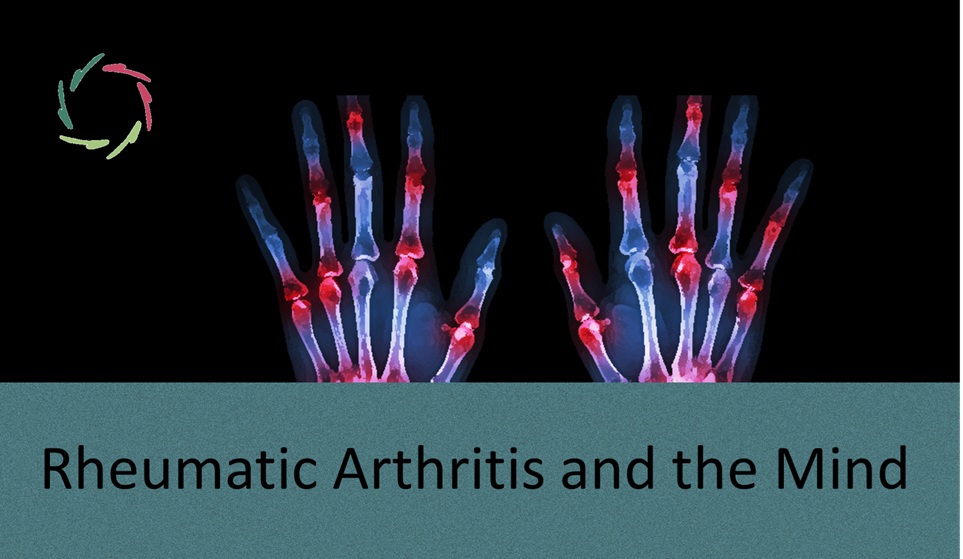
Rheumatic Arthritis and the Mind
Rheumatoid arthritis lives in the body — and in the mind that lives with that body. This blog brings together recent evidence on how mood, stress, expectation, and coping shape RA risk, symptoms, and outcomes ― then suggests practical next steps that fit standard care. The aim is synergy: inside-out work complementing outside-in treatment. Opening Read the full article…

Whence the Rise of Autoimmune Disease?
Autoimmune diseases are spreading rapidly across the globe. In the US alone, estimates suggest that some 50 million people live with one or more of the more than a hundred autoimmune conditions, and worldwide, the prevalence is climbing year after year. This blog explores how diet, stress, meaning, and mind-body unity intersect to shed light Read the full article…

From Neuroimmune Connectome to Lisa’s Relevance
The way we understand health is changing. A recent review of the neuroimmune connectome (Wheeler & Quintana, 2025) reveals more than ever that the immune and nervous systems form an intricate, interactive network — constantly influencing one another in ways that challenge the traditional division between mind and body. This shift has profound implications. It Read the full article…

Are You Allergic?
Allergies are usually seen as simple immune system errors — an overreaction to harmless substances like pollen, dust, or certain foods. But what if an allergy is also about your mind, your emotions, and the way you interact with the world? From an AURELIS perspective, allergies may be more than just physical reactions. They can Read the full article…

How Can Mind Strengthen Immune?
When we think of the immune (system), it’s tempting to view it as a separate system in the body. Yet, modern science and deeper insights reveal that the immune works not in isolation but as a dynamic, integrated network intricately connected with other bodily and mental processes. In this blog, we’ll explore how mental processes Read the full article…

Mind-Body Unity: The Immune System as a Relational Bridge
Modern healthcare often treats mind and body as if they are separate, isolated entities. Yet, science increasingly shows that this separation is artificial. The immune system, far from being a mere biological defense mechanism, serves as a ‘relational bridge’ between the body and the mind, responding to psychological, emotional, and biological signals. In his recent Read the full article…

Lisa for Pandemic Preparedness
The blogs “Mind on Infections“ and “Why Subconceptual Influences on Infections Matter Most“ explore how stress and deeper mental processes affect the body’s ability to fight infections. The present blog ties these insights together to explain how preparing for the next viral pandemic should go beyond the physical and include deeper mental layers. By integrating Read the full article…
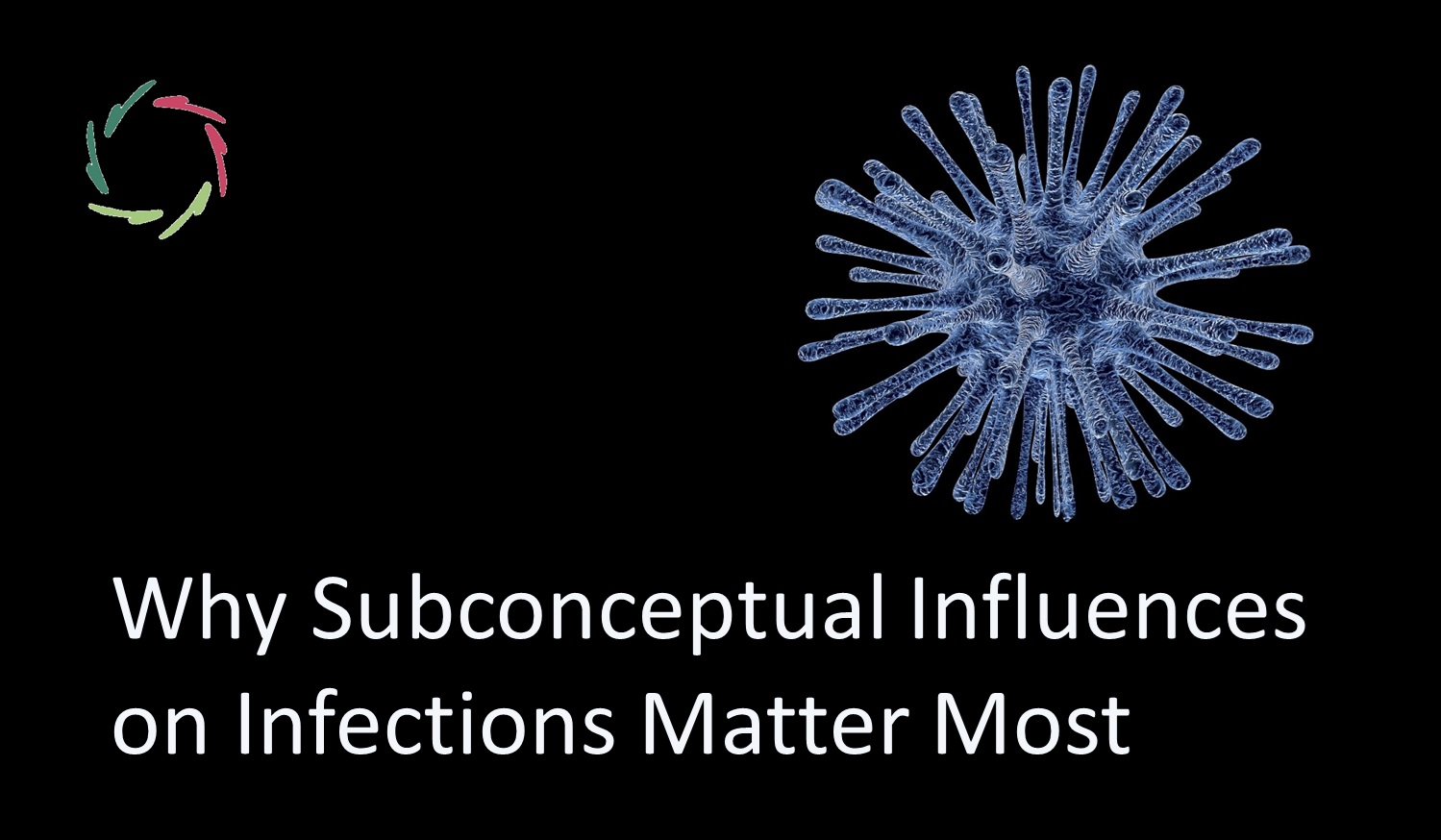
Why Subconceptual Influences on Infections Matter Most
Present-day research evidence is clear: emotional distress and psychosocial influences significantly impact our health. However, a deeper layer of influence remains largely underexplored by mainstream research. This deeper dimension involves subconceptual mental processes—those that operate below conscious awareness but can profoundly shape how we respond to infections. Lisa can unlock this deeper understanding, offering practical Read the full article…

Mind on Infections
New research is making the connection between psychological stress and infectious diseases clearer. This blog explores key data on how the mind affects the body’s ability to fight infections. Scientific evidence now shows that chronic stress, negative emotions, and psychosocial factors can weaken the immune system, increasing susceptibility to infections and influencing disease progression. I Read the full article…

Mind on Cancer
This is still not a straightforward or easy-to-digest correlation for many people, including many colleague-physicians. Meanwhile, in research, a lot has happened over the last decennia. No longer a question of ‘belief,’ things have turned scientific. Using Lisa will enable us to go further in theory, turn this into practice, and let millions of people Read the full article…

Inflammatory Stress
Over the last few decades, research has demonstrated the significant impact of psychosocial stress on inflammation, with substantial consequences for health and healing. This stress is linked to 75%-90% of human diseases, including atherosclerosis, diabetes, cancer, autoimmune diseases, and depression. [1 and its extensive bibliography] But what causes external circumstances to be perceived as negative Read the full article…

Does Mother’s Mind Immunomodulate the Unborn Child?
The immune system is initially and perhaps most significantly shaped in the womb, influenced by the mother’s mental state, though the extent and consequences are still under research. Emerging research suggests that maternal stress and emotions can have a significant impact on fetal development. Often overlooked, these early influences may shape a person’s physical and Read the full article…
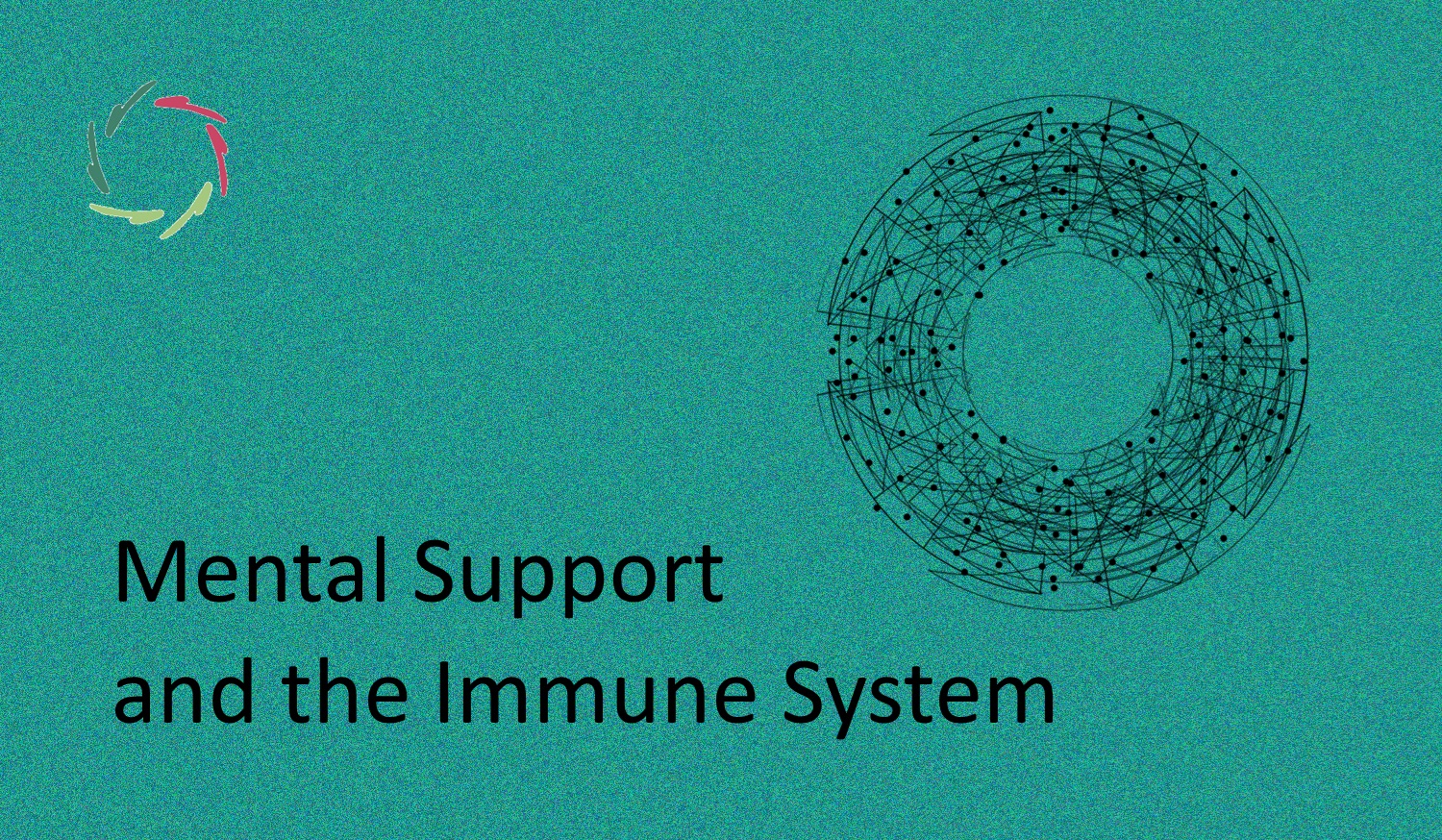
Mental Support and the Immune System
In a recent review, psychosocial interventions were associated with positive changes over time. This review was a comprehensive meta-analysis of 56 unique randomized clinical trials involving 4060 participants. [1] Immune improvements (14% increase in beneficial functions and 18% decrease in harmful functions) persisted for at least six months post-treatment. This is noteworthy, especially when compared Read the full article…
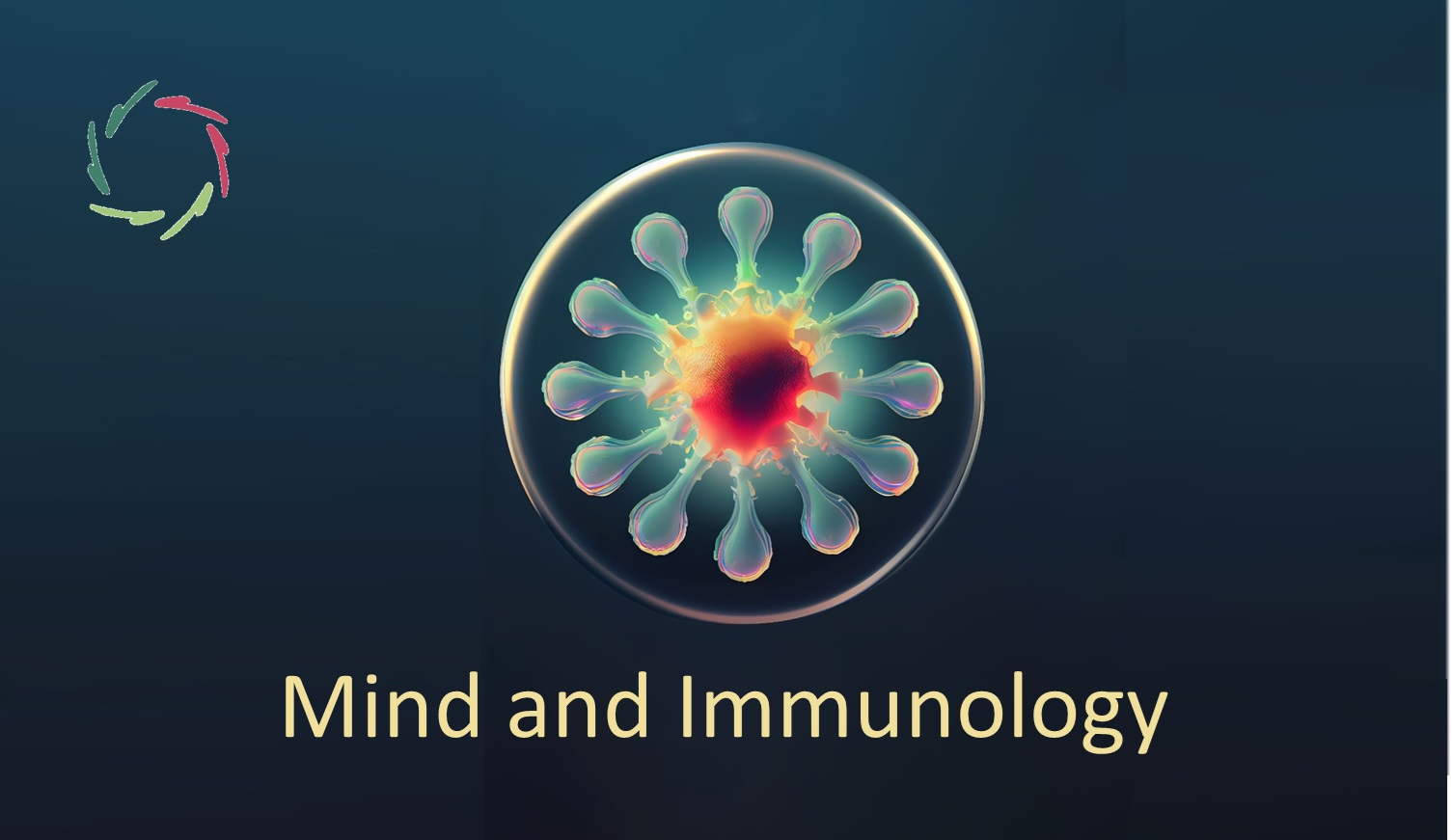
Mind and Immunology
The belief that the mind and immune system operate independently is now outdated. They are closely interconnected. Of course, there is also the nervous system, the hormonal system, etc. All are complementary within one framework. This blog focuses on the mind and the immune system, bringing in the others as needed. The following contains medicalese. Read the full article…

The Mind in Auto-Immune Disorders
As in many areas of psycho-somatics, the mind is not generally recognized as of crucial importance in auto-immune disorders. Therefore, it may surprise you that extensive scientific evidence highlights the significant influence of the psyche (mind) on the soma (body) in various Auto-Immune Disorders (AIDs). [*] Roaming around in PubMed (a comprehensive medical infobase). The Read the full article…
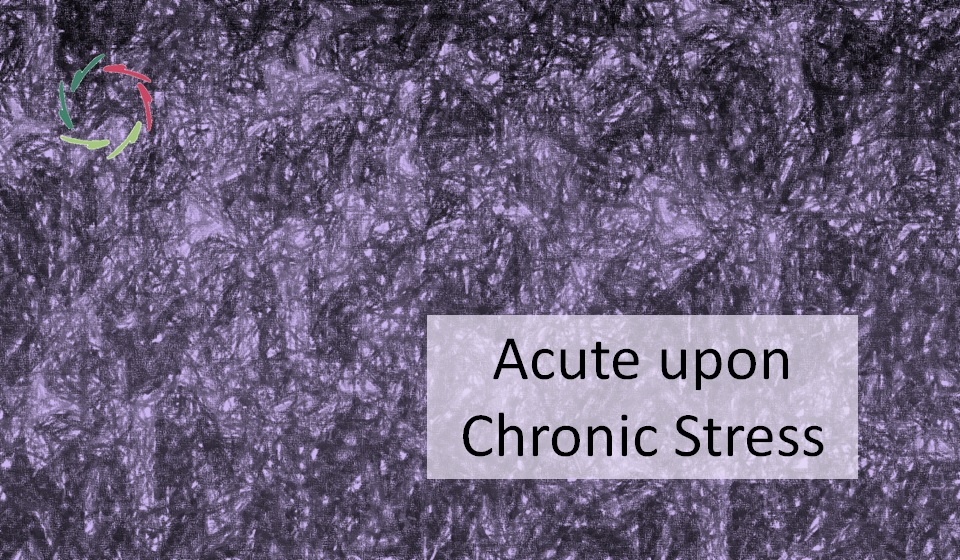
Acute upon Chronic Stress
With a particular emphasis on the immune/inflammatory system — both kinds of stress together (modulated by many factors) can be significantly more damaging than their sum. This is, at present, a logical intuition, worthy of further scientific investigation. There is much vagueness to get through. Vaguenesses Of course, ‘stress’ is a vague – although pretty Read the full article…
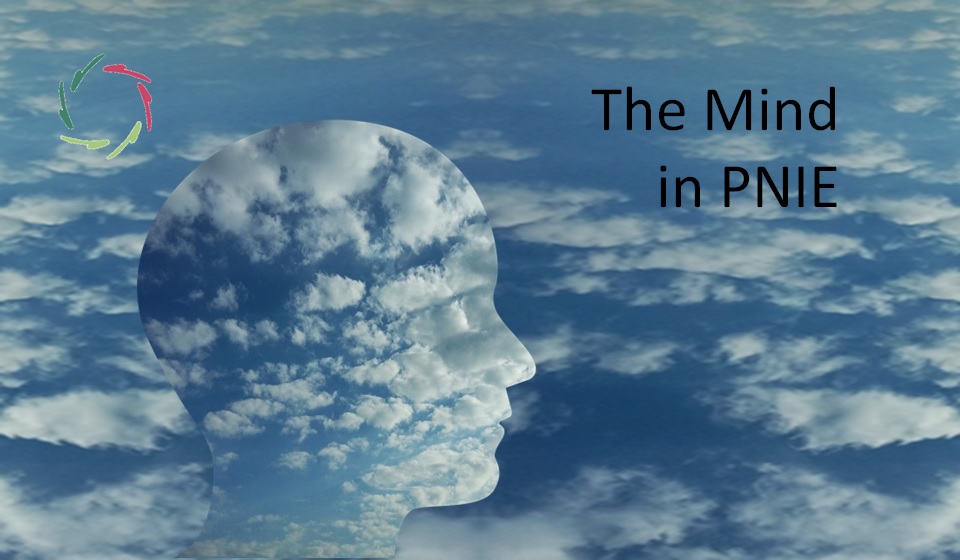
The Mind in PNIE
Over the years, the role of the mind in Psycho-Neuro-Immuno-Endocrinology (PNIE) has become increasingly apparent. This trend is bound to continue, and Lisa is bound to play a significant role in this evolution. PNIE shows the intricate connections between different systems in the human being as a whole. Regarding the mind (psyche), one can go Read the full article…
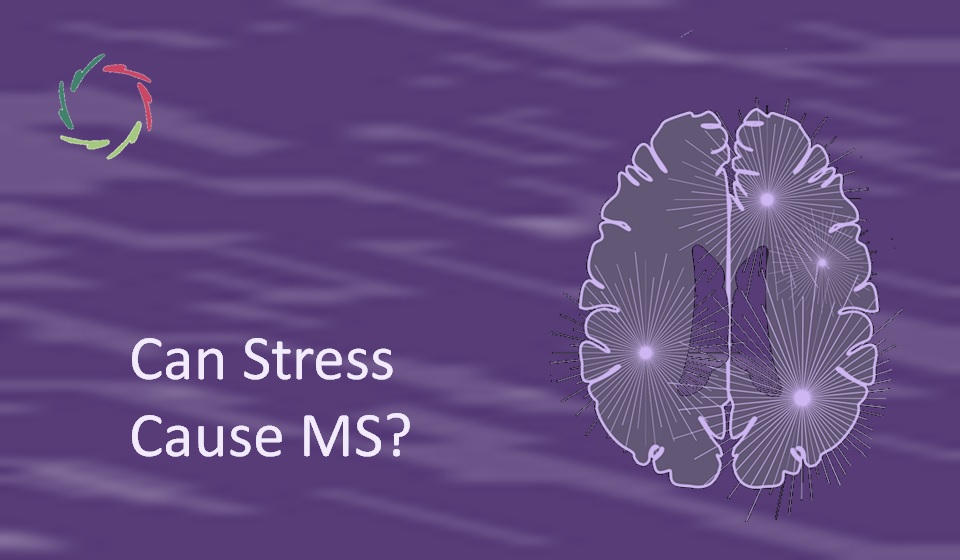
Can Stress Cause MS?
MS = Multiple Sclerosis, an autoimmune disorder that specifically affects the brain and spinal cord. Its symptoms and prognosis are pretty diverse, making causal research challenging but not impossible. According to the National MS Society, almost one million people are living with MS in the United States. Most are diagnosed between the ages of 20 Read the full article…

Is Gluten Sensitivity an Expectation Effect?
Many people avoid gluten in their diet because they see them as the cause for gastrointestinal and other symptoms and unwellness. Although this field receives a lot of media attention, there has been little science about mental causality up till now. Gluten (named after ‘glue’) is what makes dough elastic and bread chewy. It also Read the full article…

The Case of Cancer of the Prostate
The influence of the mind on cancer needs to be treated cautiously. In both directions, one should avoid wrong impressions stemming from personal/cultural biases rather than science. Also, one should respect the present-day state of scientific knowledge. Will the yet unknown be filled by the ‘bodyless mind’ or the ‘mindless body’? See also: Psychological impact Read the full article…
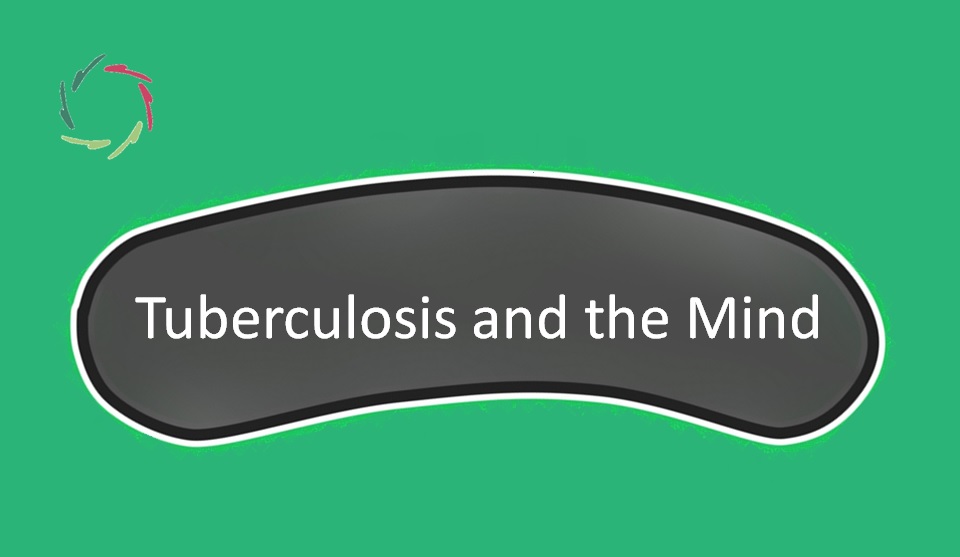
Tuberculosis and the Mind
Suspected since millennia, nowadays backed up with scientific data, the influence of the mind on tuberculosis is a fine example of the complexity, as well as the importance to take this seriously into account in many domains. Pertinently Despite modern treatments, tuberculosis is still one of the leading causes of death worldwide, and – at Read the full article…
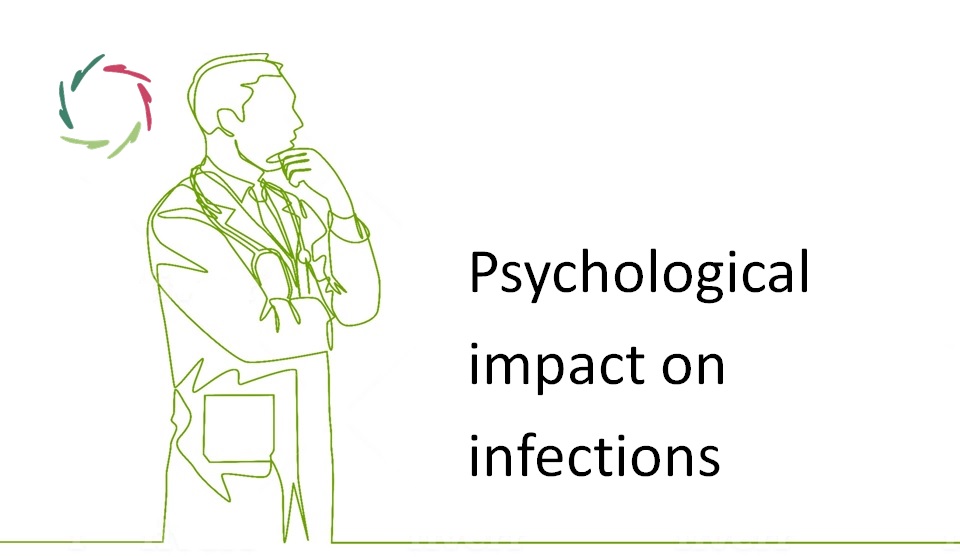
Psychological impact on infections
In a prospective study with a hundred subjects, it was concluded that stressful events in life four times more frequently preceded than followed throat infections that had or had not been caused by streptococci [Meyer et al., 1962]. A large number of control-variables (under which sex, family size, history of allergies) showed no correlation with Read the full article…
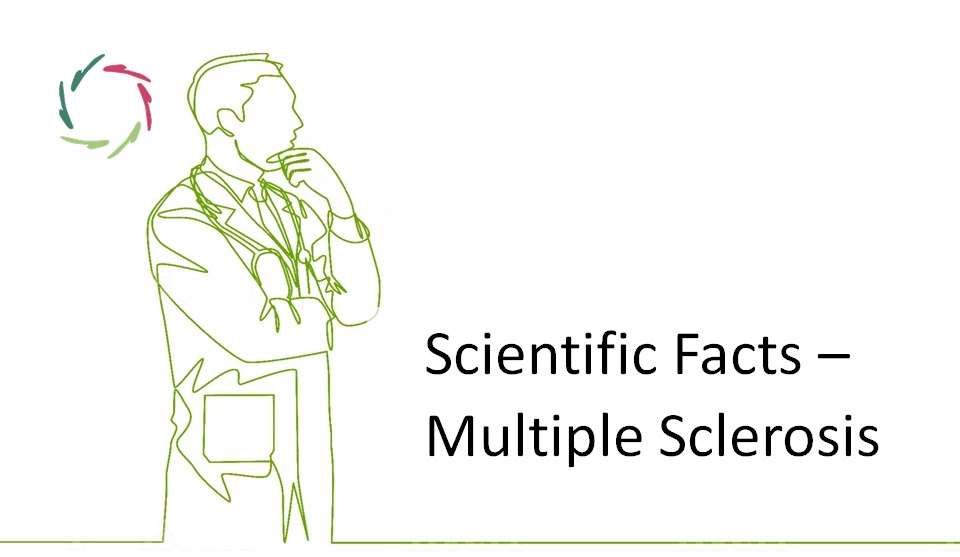
Multiple Sclerosis
Since the first description of MS in 1877, psychological stress has been suggested as a trigger for exacerbations [Charcot, 1877]. Until recently, the clinical evidence for a causal relationship was weak. A systematic meta-analysis from 2004 of 14 prospective studies found a significant relationship between the occurrence of stressful life events and a higher risk Read the full article…
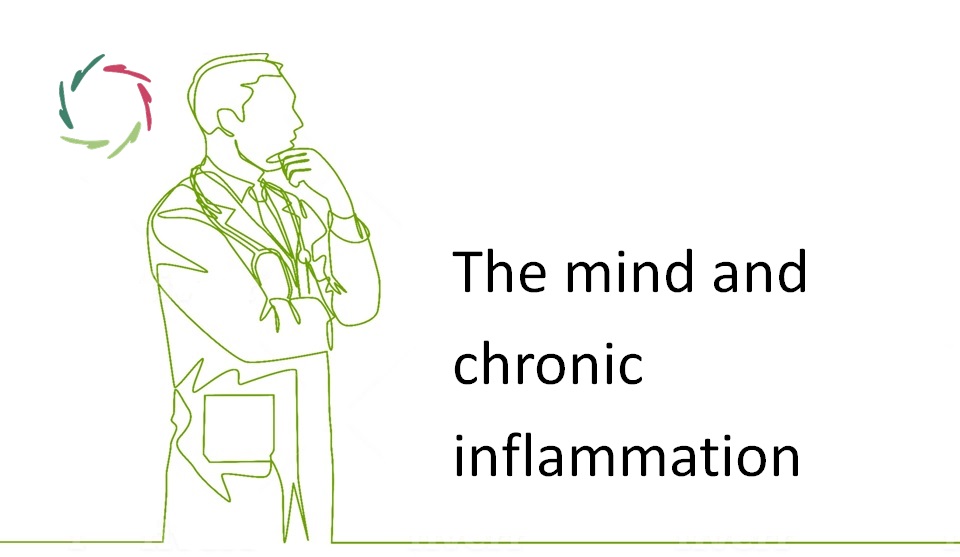
The mind and chronic inflammation
Recent research has revealed that certain social, environmental and lifestyle factors, including psychological stress, can promote systemic chronic inflammation that can, in turn, lead to diseases that represent the leading causes of disability and mortality worldwide, such as cardiovascular disease, diabetes mellitus, cancer, chronic kidney disease, non-alcoholic fatty liver disease, and neurodegenerative and autoimmune disorders Read the full article…
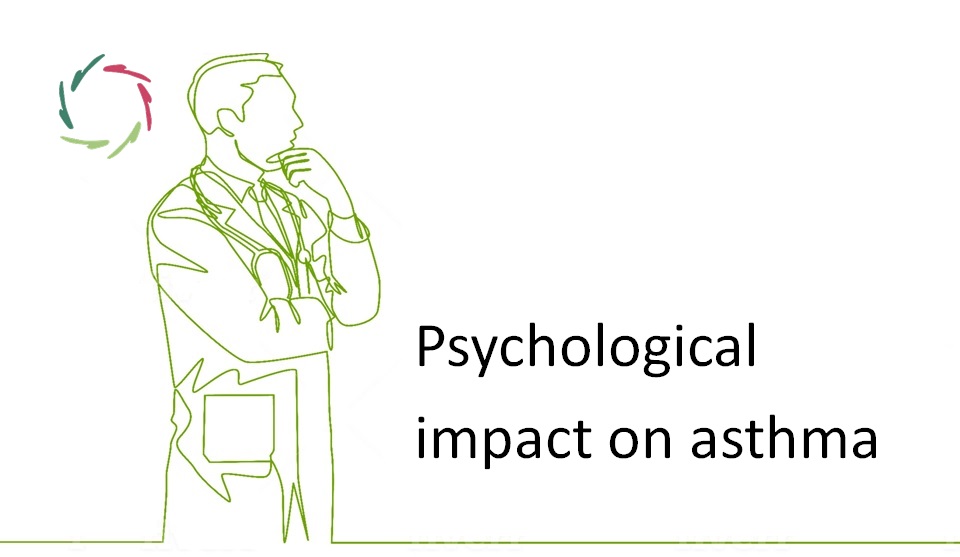
Psychological impact on asthma
Asthma is among the most prevalent chronic diseases; in children, it now leads the chronic disease statistics. In the United States, it affects an estimated 10.6 million (14.5%) children [U.S. Department of Health, 2014]. There are an estimated 300 million asthmatics worldwide [Masoli et al., 2004]. Stress and infections have long been independently associated with Read the full article…
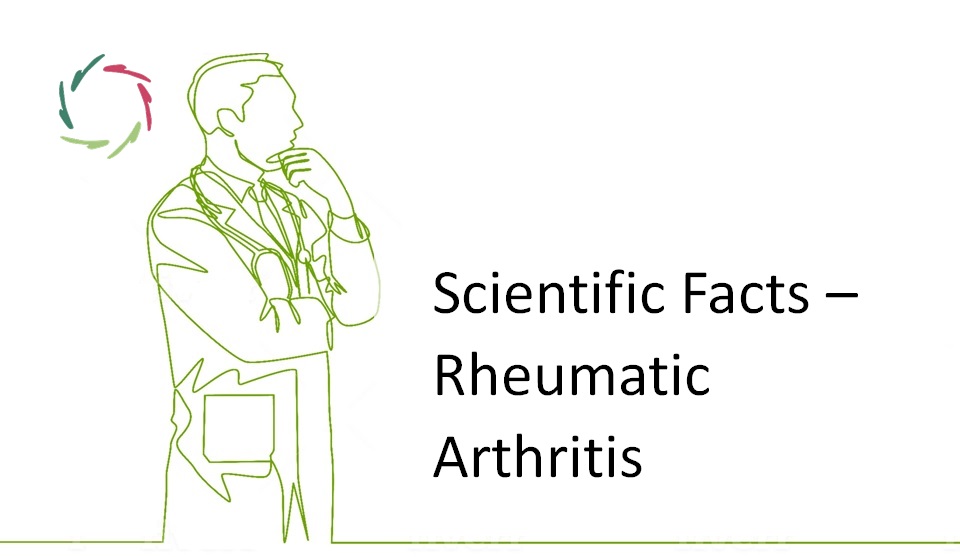
Rheumatic arthritis is a psychosomatic disease
Psychosocial factors are essential for the process and the treatment of rheumatic arthritis. Significant events in life lessen the symptoms, whereas a negative state of mind and small irritating events intensify the symptoms [Potter et al., 1997]. Psychological variables influencing the pathology are, among other things: pain, religious belief, expectation pattern, functional handicap [Young, 1992]. Read the full article…
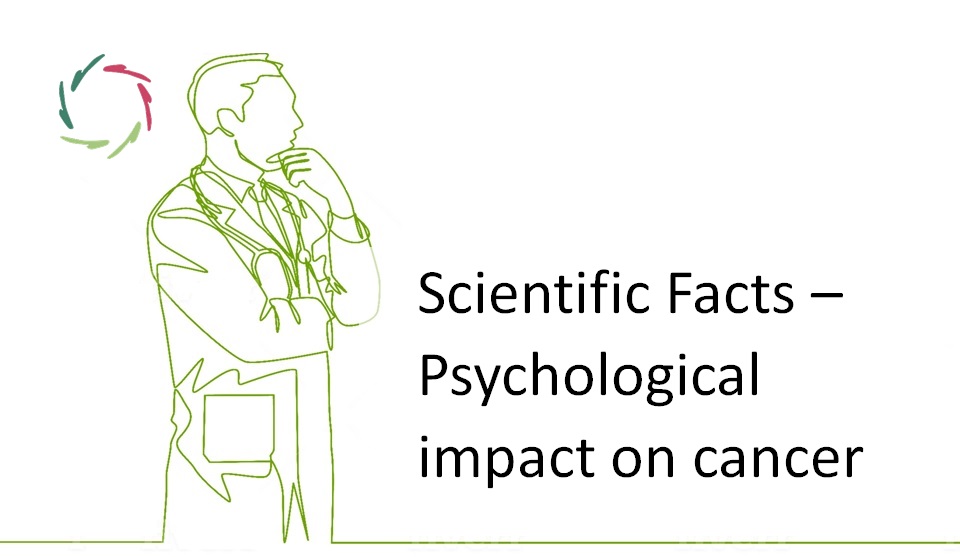
Psychological impact on cancer
M.A. Visintainer et al. conducted a study with rats. After implantation of a tumor, some were administered electric shocks and some were not. Of the former, some could escape the shocks and some could not [Visintainer et al., 1982]. Afterward, they checked the number of rats that rejected the tumor (and thus were cured). The Read the full article…